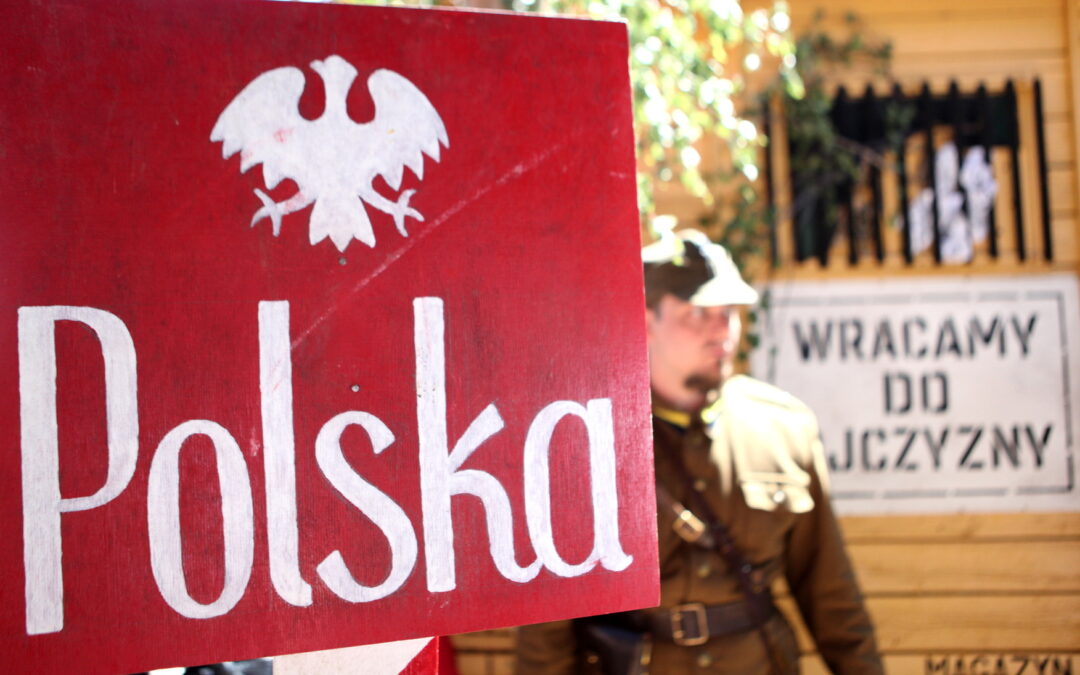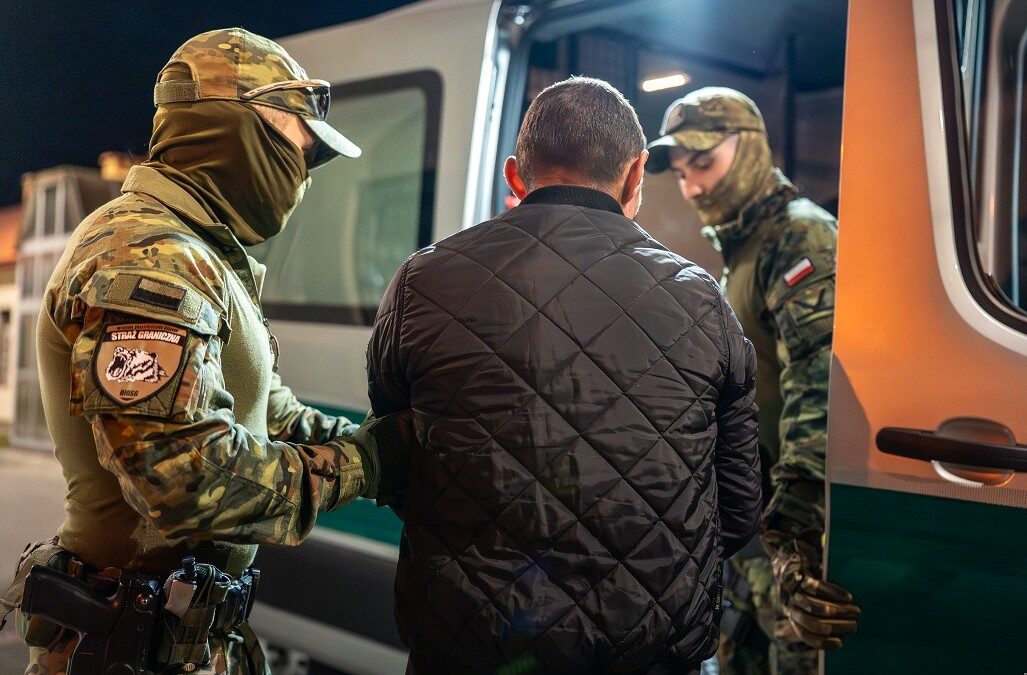Keep our news free from ads and paywalls by making a donation to support our work!

Notes from Poland is run by a small editorial team and is published by an independent, non-profit foundation that is funded through donations from our readers. We cannot do what we do without your support.
Poland has almost doubled the budget it devotes to supporting the return of ethnic Poles who were forcibly deported to the east by the Soviet Union and their descendants. However, it has also tightened the rules of the programme to ensure only genuine applicants qualify and to protect national security.
According to the interior ministry, around 8,000 people are currently awaiting repatriation after submitting applications to Polish consulates. However, current financial limits for the programme only allow for the readmission of 600-700 people annually.
Under an amendment to the repatriation act – proposed by the government, approved by parliament, and now signed into law by President Andrzej Duda – the annual budget for repatriation-related activities has been increased by 35 million zloty (€8.2 million) to 80.8 million zloty.
8 lipca 2025 r. Prezydent RP Andrzej Duda podpisał:
▪️ Ustawę z dnia 25 czerwca 2025 r. o zmianie ustawy o repatriacji oraz niektórych innych ustaw,
▪️ Ustawę z dnia 24 czerwca 2025 r. o zmianie ustawy – Prawo farmaceutyczne,
▪️ Ustawę z dnia 24 czerwca 2025 r. o zmianie ustawy… pic.twitter.com/oRxl8H0aga— Kancelaria Prezydenta (@prezydentpl) July 9, 2025
The government says that the increased budget will allow for the return of around 900-1,000 repatriates annually.
Moreover, the new measures simplify the process for granting repatriates financial assistance when they reach Poland and seek to improve the system for allocating them places in adaptation centres.
As part of the programme, Poland supports the repatriates in several ways, including covering expenses related to moving to Poland and initial living costs, as well as offering Polish language classes and adaptation courses to help them integrate into Polish society.
However, at the same time, the amendment introduces new rules requiring applicants to demonstrate that they or their ancestors were deported to the east by the Soviet Union because of their Polish origin. It also extends the time for processing applications to six months.
The aim of these measures is to “ensure that only people with Polish roots whose ancestors were forcibly resettled to the east can benefit from the repatriation procedure”, to allow “for a more thorough analysis of applications”, and to “increase national security”, says the interior ministry.
Earlier this year, the government noted that the current system has been open to abuse. “Repatriation is increasingly being applied for by individuals who – despite presenting documents confirming Polish descent – in fact have no ties to Poland, and whose ancestors…[were not] deported or exiled,” they wrote.
That has led to cases in which Russian citizens “apply for a national visa for repatriation solely for the purpose of obtaining a Polish passport, without even intending to resettle in Poland”, wrote the government, quoted by the Rzeczpospolita daily.
A Russian man has been detained and charged in Poland on suspicion of organising a violent attack earlier this year on the former chief of staff of late Russian opposition figure Alexei Navalny https://t.co/7Ojv9hmeal
— Notes from Poland 🇵🇱 (@notesfrompoland) September 20, 2024
The repatriation act covers ethnic Poles in eight former-Soviet countries – Armenia, Azerbaijan, Georgia, Kazakhstan, Kyrgyzstan, Tajikistan, Turkmenistan and Uzbekistan – who do not currently have Polish citizenship but wish to resettle in Poland.
Poles were deported to the east in large numbers by the Stalinist authorities in the 1930s and 1940s, in particular as part of the so-called “Polish Operation” of the Soviet security services from 1937 to 1938 and in the early stages of World War Two, when the Soviets occupied eastern Poland.
The interior ministry notes that the 8,000 pending applications for repatriation are primarily from people in Kazakhstan, where there are tens of thousands of ethnic Poles.
In a report published last year, the state audit office found that the preparation system “has proven inefficient”. It noted that, at the current pace of resettlement, it would take over two decades to bring back everyone awaiting repatriation.
Polka, która urodziła się w Kazachstanie mowi, że bardzo dużo rodaków czeka, żeby skorzystać z programu repatriacji i wrócić do ojczyzny. Jednak jest to dość długi proces, jej rodzice dopiero po 5 latach dostali odpowiedź od plskich władz.
Czy takich ludzi nie powinni ściągać do… pic.twitter.com/Ti9gKVDLJc
— Ekonomat (@ekonomat_pl) June 27, 2025

Notes from Poland is run by a small editorial team and published by an independent, non-profit foundation that is funded through donations from our readers. We cannot do what we do without your support.
Main image credit: ARTUR KUBASIK / Agencja Wyborcza.pl

Daniel Tilles is editor-in-chief of Notes from Poland. He has written on Polish affairs for a wide range of publications, including Foreign Policy, POLITICO Europe, EUobserver and Dziennik Gazeta Prawna.



















